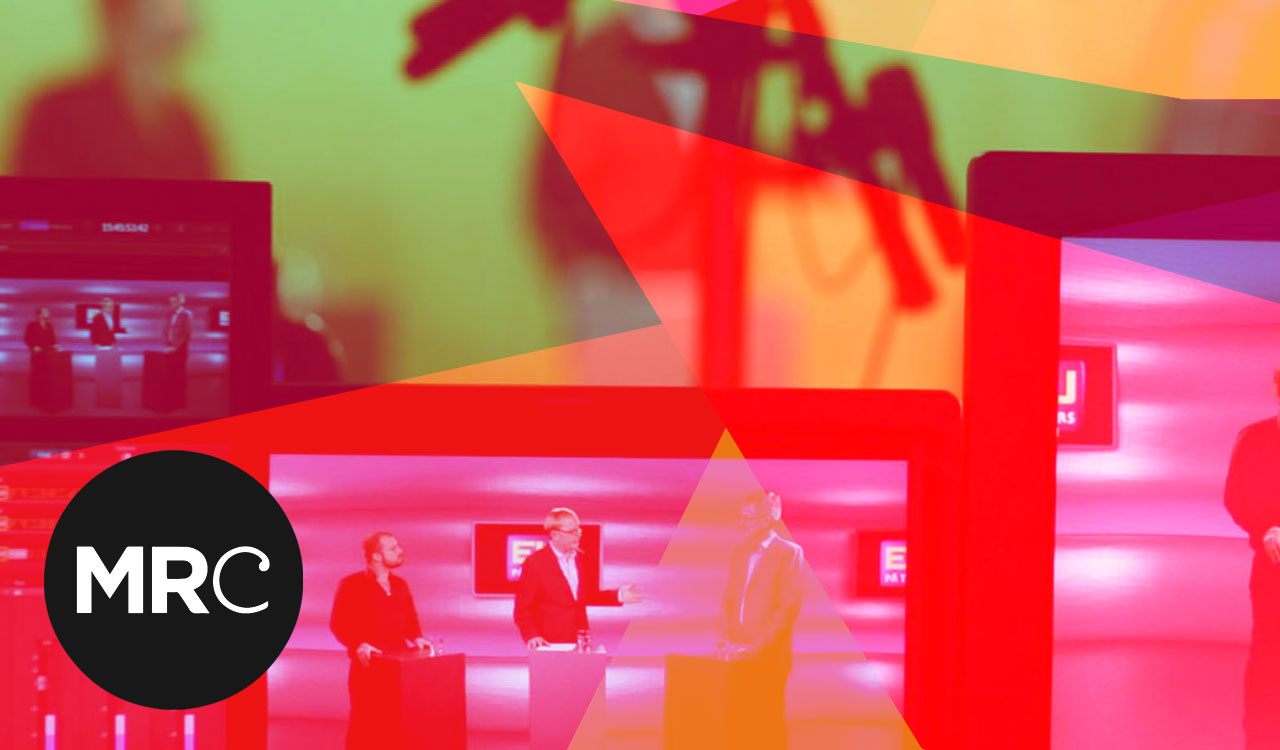This is a message from Michelle Stanistreet, the General Secretary of the National Union of Journalists, which was sent this morning to all members. The NUJ has very kindly given us permission to reprint it.
Tomorrow Lord Justice Leveson will publish the findings of his inquiry into the culture, practices and ethics in the press and his examination of the relationship of the press with the public, police and politicians.
It was a year ago that the NUJ fought to be a core participant in the inquiry. We had to battle to ensure that the voice of working journalists was heard, and not just that of owners and the editors of the national press. To inform our submissions and evidence we set up a Leveson email address and asked all members to contribute their concerns, experiences and views. In particular we asked members who wished to contribute evidence to the inquiry to come forward anonymously if they felt unable to speak openly about their experiences.
We came into the inquiry with a strong view on the present Press Complaints Commission. At the NUJ’s 2011 delegate meeting in Southport – after a long and fruitless campaign for reform of the PCC – delegates voted for it to be scrapped and to campaign for its replacement. This came on the background of previous policy built up over many years of campaigning for change within the regulatory framework of the press and for a properly accountable media complaints commission. All union policy is made democratically from decisions taken at delegate meetings and by the union’s ruling lay body the NEC.
From the outset of the Leveson inquiry, we demanded a conscience clause to safeguard journalists who object to being made to act unethically in the pursuit of a story. The industry – both the PCC and the Society of Editors – has repeatedly refused to bring in a conscience clause, despite the Home Affairs Select Committee backing the NUJ’s campaign as long ago as 2003.
We highlighted the vital role a trade union plays in any workplace, and how in journalism the NUJ plays a role in maintaining standards and standing up for ethical journalism, as well as the bread and butter industrial issues of pay and conditions. We explained to Lord Leveson that an NUJ workplace chapel is not simply the vehicle for putting together pay claims and campaigning for better terms and conditions it is also the place where members can raise issues of concern on ethical matters, on staffing levels, and on bullying and editorial pressure within their workplace.
It is significant that the unfolding scandal at News International happened in a workplace where the NUJ has been effectively blocked by Rupert Murdoch, where journalists working across the titles have been denied the collective representation of an independent trade union for a generation.
We pointed to a model of regulation the NUJ is particularly familiar with – the Press Council of Ireland (PCI). The PCI is recognised under statute once it meets minimum standards which guarantee independence from ownership control. These minimum standards include civic society involvement and representation of the profession of journalism, which is provided by the NUJ. There is no direct or indirect State involvement in the regulatory system or in the work of the Press Ombudsman. No publisher is forced to join. If they do they enjoy legal privileges including a defence in libel actions. If they decide not to join they forfeit that benefit.
The new, slightly beefed up PCC proposed by Lords Hunt and Black represents more of the same. It does not propose a conscience clause; they have ruled out the involvement of working journalists in the make-up of a PCC mark 2; and worryingly it suggests that this should be the body to determine who gets a press card. A system that could withdraw an individual journalists’ press card – and livelihood – would transfer accountability from the publisher to the journalist. This is unacceptable and would be akin to the licensing of journalists, something the NUJ is wholly opposed to.
The NUJ has argued for an independent regulatory body – independent of government and of the industry – that will:
- protect free expression and a free press
- ensure high standards of journalism
- have the authority and ability to regulate all commercially-driven press
- include, as does the Irish Press Council, union representatives
- fully defend journalists who protect their sources
- enshrine a conscience clause for journalist
- take to task the bullying newsrooms exposed by our evidence to Leveson, recognising the vital role trade unions play in media newsrooms
- have the power to instigate investigations, including acting on complaints from journalists
- provide a right of reply
- be backed by the ability to impose sanctions, such as fines
- take third-party complaints, not allowed in the current system
- represent members of the public



